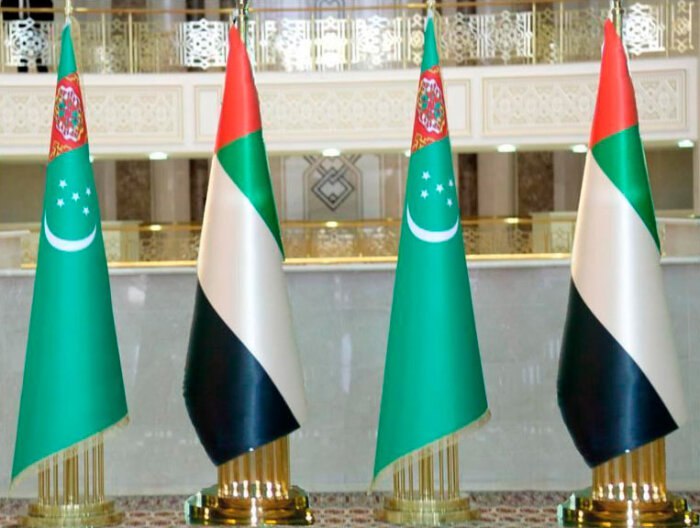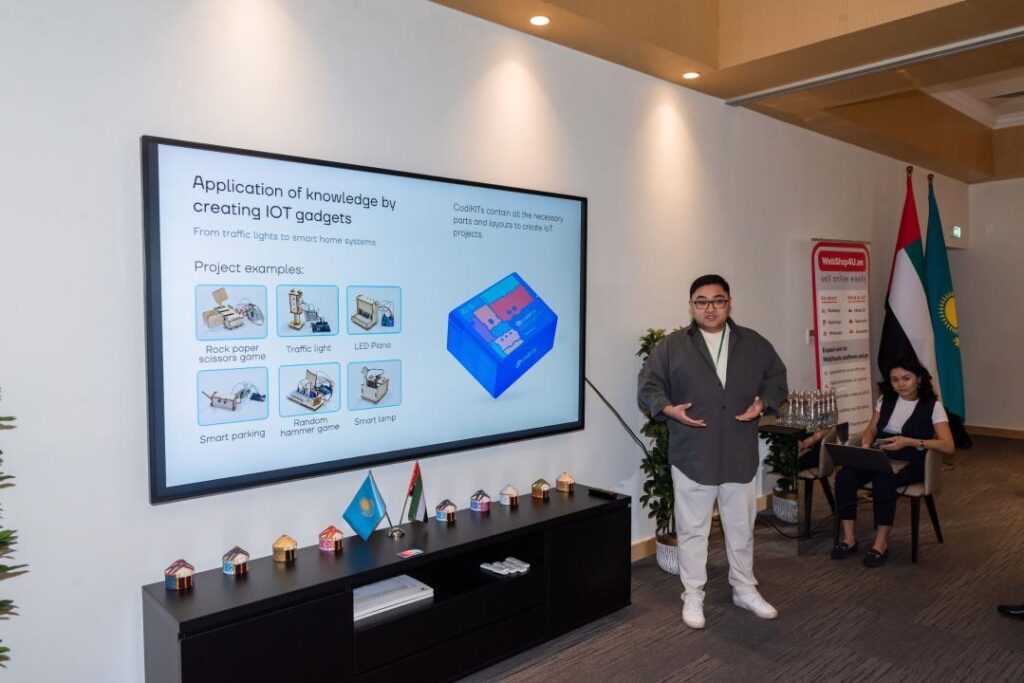Viewing results 1 - 6 of 3
The United Arab Emirates company “Sustainable Water Solutions” (SWS) is to cooperate with Uzbekistan on the construction of a modern wastewater facility in Tashkent. The project includes building a facility with a daily capacity of 1.0 million cubic meters of water and a 42-kilometer wastewater collector in the territory of the Surum mahalla, an administrative centre in Tashkent's Lower Chirchik district. Regarding the scheme, Ahmed Al-Shamsi, head of the SWS company announced: “Our next initiative will prevent water wastage in Uzbekistan. The capacity of the joint facility will be 1,000,000 cubic meters per day at the first stage and 1.5 million cubic meters later. The estimated project cost is one billion dollars." According to reports, the quality of wastewater service provided to 1.5 million people will increase, and more than 500,000 residents and over a hundred enterprises and organizations will be provided with centralized wastewater service. The construction of a 42-kilometer collector allows efficient collection and transportation of wastewater for further treatment. SCADA, a data management and collection system, and GIS,a geographic information system, will be introduced, ensuring effective monitoring and management of cleaning and transportation processes. As a result of this large-scale project, 10 million kilowatts of electricity will be saved, and the sanitary-epidemiological and ecological situation in the Sergeli, Bektemir, and Yangi Hayot districts of Tashkent city will be improved.
Turkmenportal reports that prospects for further cooperation in the fuel and energy sector were the focus of recent discussions between Chairman of the Khalk Maslakhaty of Turkmenistan, Gurbanguly Berdimuhamedov, and the Executive Director of Dragon Oil Company, Ali Rashid Al-Jarwan. According to the publication, Turkmenistan and the UAE are among the richest countries in the world in terms of natural gas and oil reserves and both have extensive experience in developing the oil and gas industry. Dragon Oil has now been operating in Turkmenistan for a number of years. Commenting on the UAE's positive relationship with the country Al-Jarwan expressed gratitude for the opportunity to work in Turkmenistan. Berdimuhamedov in turn, emphasized that the active bilateral interaction enjoyed by the parties was due to the joint efforts of the countries' leaders and expressed Uzbekistan's readiness to further expand productive cooperation with Dragon Oil . Both sides expressed confidence that their existing mutual interests would provide a strong basis for more fruitful cooperation in the oil and gas sector.
The launch of the Qaz Steppe Innovation Hub took place on March 1st at the Trade House of Kazakhstan in Dubai, UAE. Attending the opening ceremony, Arman Shakkaliev Kazakh Minister of Trade and Integration reported, “The Qaz Steppe Innovation Hub will help promote the Kazakh IT services sector to international markets, unite the interests of business sectors in Kazakhstan and the UAE, enable the development of mutually beneficial cooperation, and increase the competitiveness of our IT companies.” To date, the new platform has already helped present 15 Kazakh start-up projects to the Middle East market and in 2023, the export of Kazakhstani IT services reached $500 million compared to $30 million in 2020. A goal to raise the export of IT services to $1 billion by 2026 has now been set by president of Kazakhstan According to Timur Mauleshov, co-founder of Qaz Steppe Innovation Hub, entry to UAE and Middle East markets will further spur the development of export of high-tech solutions from Kazakhstan. “The Qaz Steppe Innovation Hub will be a unique platform for the implementation of the ambitious task set by President Kassym-Jomart Tokayev to transform Kazakhstan into an IT country. Since 2021, locally based Kazakh start-ups have attracted investments worth over $1 billion. The technological boom that is happening in the UAE today opens up new prospects for our talented specialists and interesting start-ups.”



